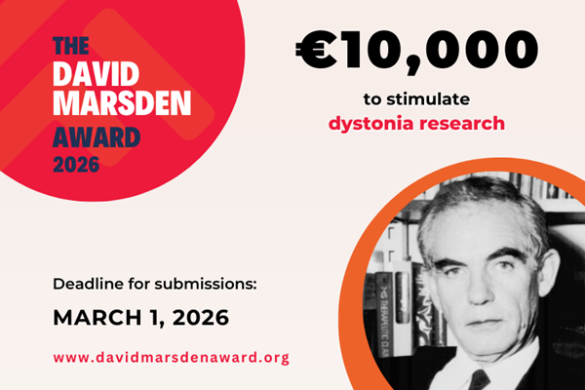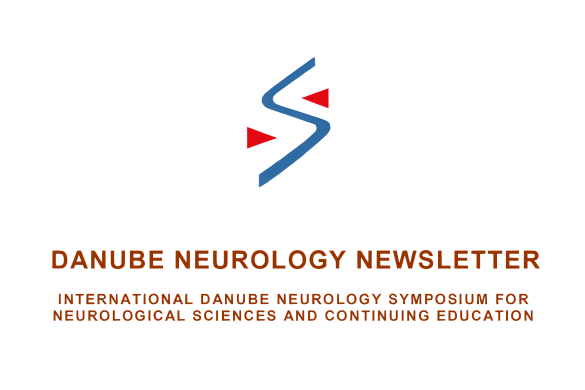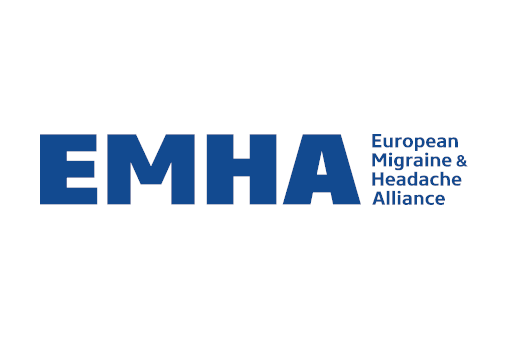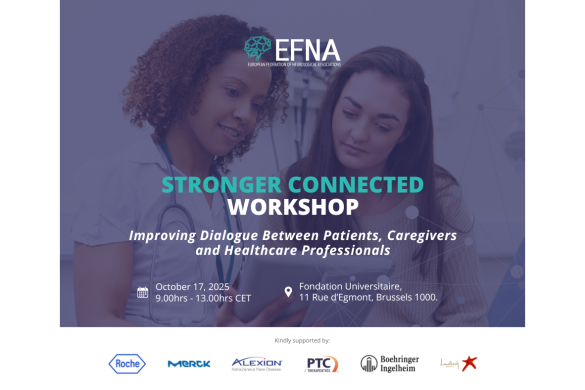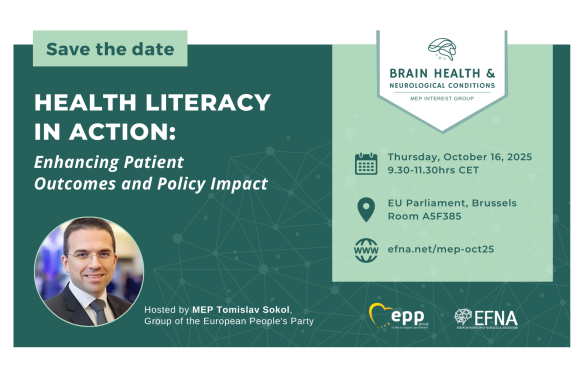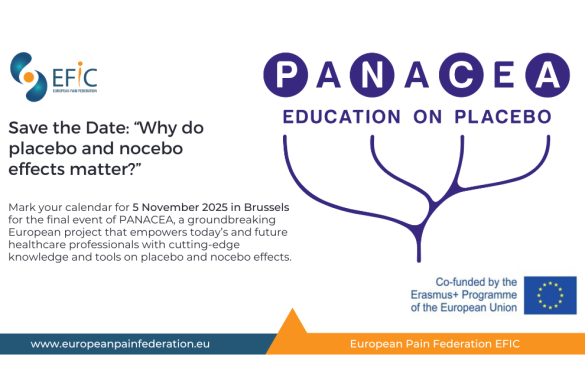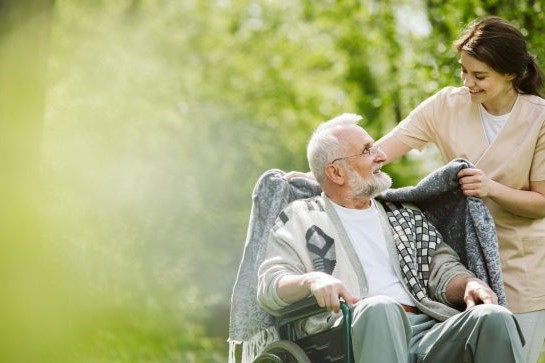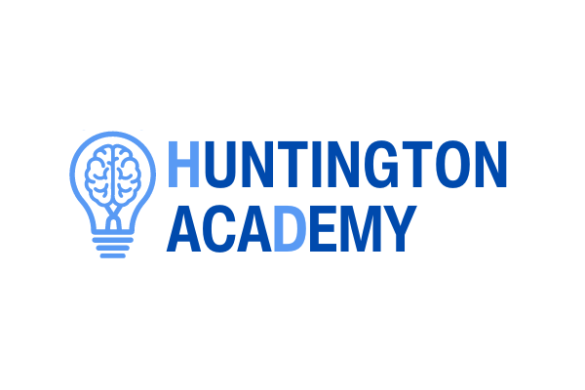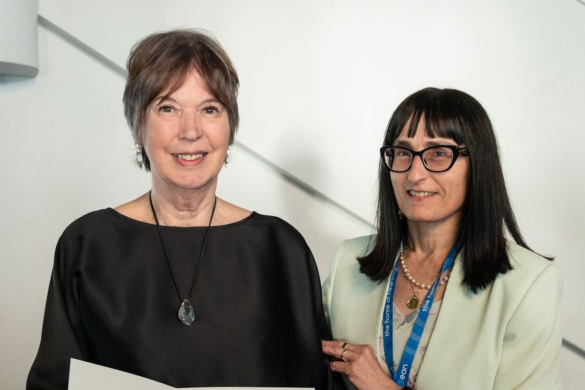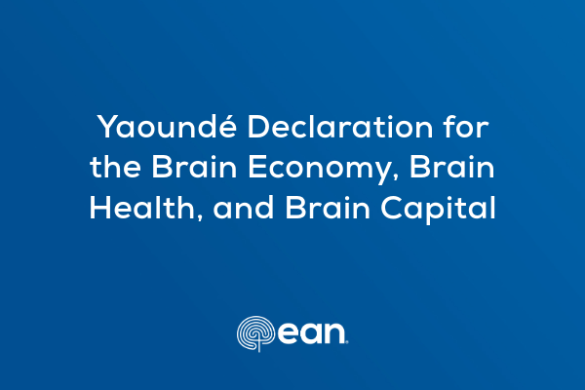8 PROJECTS SELECTED TO RECEIVE #BRAINLIFEGOALS PROJECT GRANTS
The #BrainLifeGoals campaign is an initiative of the European Federation of Neurological Associations that aims to raise awareness of the impact of neurological disorders.
In support of this campaign, EFNA will award grants, of €2,500 each, to projects that best reflect the theme of the campaign, raise awareness and improve understanding of neurological disorder. 28 applications were received from 13 different countries and a wide range of disease areas. The original intention was to award a grant to five projects, but we are pleased to announce that due to the high-level of interest and quality of applications, eight projects have been selected!
The chosen projects are:
- ‘Brain Conditions Cartoon Novel’
Association of Patients with Neurodegenerative Conditions (APAN), Romania
APAN’s innovative way of raising awareness on brain diseases is by creating a comic (printed, as well as social media supported). The material will focus on five diseases, each of them being presented in a chapter:
(i) Multiple Sclerosis, (ii) SLA?, (iii) Dystonia, (iv) Parkinson’s Disease and (v) Stroke
The MS character has already been created (Rosa, female, 20-40 years), and 4 other characters will be developed. - ‘Raising Awareness of Restless Legs Syndrome’
European Alliance for Restless Leg Syndrome (EARLS), The Netherlands
Restless Legs Syndrome (RLS) is a neurological disease characterised by an irresistible urge to move due to highly uncomfortable and painful sensations. As it usually interferes with sleep, it is considered a sleep disorder. Because of the immensely disturbing urge to move, RLS is considered to be a movement disorder as well. Although its name indicates that it affects the legs, RLS can affect the arms, torso, head, and other parts of the body. RLS affects up to 10% of people worldwide at some point in their lives, from mild symptoms to intolerable, causing major disruption of sleep and significantly impairing quality of life.
Awareness for RLS is low. Young patient Lucy Hoekstra wants to raise awareness for her disease by walking 573 kilometers in 28 days through three countries. Through this project the international RLS community wish to support her campaign. - ‘Empowering People with Neurological Conditions to Realise their #BrainLifeGoals’
Neurological Alliance of Ireland (NAI)
A series of videos will be developed and featured on a dedicated awareness website already developed by the Neurological Alliance of Ireland for International Brain Awareness Week in March each year. The website loveyourbrain.ie aims to promote awareness of neurological conditions.
The videos will feature 3-4 examples of people with a range of neurological conditions who are working to achieve key life goals. Each video will also focus on key partners who support them in this process. The videos will focus on the enabling role played by 1) an employer 2) a family member 3) a charity 4) a health professional team in supporting people to achieve key goals for them. People with neurological conditions will be involved in designing and delivering the project, identifying the goals they want to explore and the key partners they identify in enabling them to achieve this goal.
The series will explore a number of issues impacting on people with neurological conditions in realising their potential, e.g. the need to inform and educate employers, the potential for patients and health professionals to work in partnership and the vital role played by patient organisations in supporting the realisation of life goals. NAI will work directly with a number of patient organisations on the design and delivery of this project. - ‘Cavernoma Society Raspberry Day’
Cavernoma Society UK
An annual Raspberry Day will be celebrated at the same time each year in order to raise awareness of the rare brain disease cavernoma.
Cavernomas are lesions in the brain or spine which are made up of abnormal blood vessels and can cause stroke and epilepsy when they become ‘active’ and bleed into surrounding brain and spinal tissue. Roughly 1 in 500 people have a cavernoma without even knowing they do. Roughly 11,000 people per year are diagnosed in the UK alone, after suffering a stroke or other cognitive deficits following a brain haemorrhage. These look like raspberries, so this will be a fun, healthy and educational way of building awareness.
Stickers will be placed on punnets of raspberries which are distributed throughout Europe. This will not only educate the public but also help existing patients because the more awareness there is of this disease, the better the treatment and support will be. Raspberries are also good for the brain, so it will be a healthy way of building awareness! Having an annual day will add to this project’s sustainability and drive forward the education and research into cavernoma. - ‘Stroke Survivors’ #BrainLifeGoals’
‘Moždani udar’ – Stroke Association Serbia
This project aims to raise awareness of stroke and of stroke survivors’ needs among the younger population, by sharing stories of young stroke survivors and their brain life goals after stroke. The group aims to have at least 15 stroke survivors actively involved in the project, which will be supported by a social media campaign as well as publications in the traditional Serbian media. Stroke Association Serbia is part of the Stroke Alliance for Europe (SAFE), allowing for the dissemination of information about the project through SAFE’s network of 30 European countries. Hashtag #BrainLifeGoals will be used throughout the campaign.
This patient-centered project should motivate people to better appreciate brain health, because there is no health without brain health! - ‘Aspirations of Hope’
European ME Alliance, Belgium
This project will involve the creation of a targeted video marketing campaign to raise awareness of the need for research into myalgic encephalomyelitis.
ME patients are often said to have a list of things they would do if they became healthy again – often very simple things which have been taken away from them by the disease and which others might deem to be trivial. These ‘trivial’ things may be just walking for 100 metres, being able to sit in the sun or read a book – things most people take for granted but things that have been taken away as aconsequence of this disease.
Many patients are not able to draw attention to their situation. Social media and mobile devices are a lifeline. These mediums will be used to convey the fact that they may be invisible to the public – but still have their own #brainlifegoals – aspirations that may seem trivial to many, yet are a sign of the plight in which patients with ME find themselves.
Patients with ME in Europe will share their stories via video – mentioning their aspirations – their #brainlifegoals. The aim is to draw attention to this invisible illness but also look at what is being done – to give hope to patients and carers that something is changing. To this end, researchers and clinicians will also be included – from the European ME Clinicians Council (EMECC) and European ME Research Group (EMERG). - ‘Stand Up Chemistry for children with learning difficulties’
Pan-Hellenic Association of individuals with Attention Deficit/Hyperkinetic Disorder (ADHD Hellas), Greece
Stand Up Chemistry is an original interactive educational/scientific theatre performance geared towards students of all ages with learning difficulties (LD, ADHD, Asperger), their parents and educators. This innovative performance raises awareness of different brains, different learning styles and models an approach that acknowledges and accepts differences.
With the collaboration of ADHD Hellas the project includes a psycho-educational part at the end of the show for parents and educators to understand the neurological underpinnings of LD and ADHD brains and to model for themselves some of the concepts indirectly taught in the performance. Through stand-up comedy and theatre basic scientific concepts are made accessible and understandable (experiential learning, dramatisation, multimodal teaching, role playing).
Six Stand Up Chemistry performances will take place in Athens before the end of 2019, targeting a total of 300 children with their parents and educators. - ‘Step Up for Parkinson’s Performance’
Step Up for Parkinson’s, Malta
Step Up for Parkinson’s is a voluntary organisation that offers free specialised movement classes to people with Parkinson’s Disease and their caregivers in Malta. The organisation has grown rapidly to offer classes to 170 participants, through 6 classes per week, with a team of 11 trained teachers. The great benefit that performing has on the participants is evident. There is a greater sense of confidence and agency, and the shame and isolation associated with the disease are mitigated. Classes are proven to improve the quality of life of the participants physically, socially and psychologically.
Step Up for Parkinson’s will organize a performance – a full theatre production with their participants. The performance will be a fundraising event aimed at sustaining the ongoing free services of the organisation.
The performance will also give further motivation to participants to attend the classes, and feel better about themselves and their position within society. The community will be brought together through performance, and improving the quality of life for the participants and raising awareness of Parkinson’s Disease.
Congratulations to all awardees!
We’ll keep you updated on the projects’ progress through the year.
EFNA would like to extend sincere thanks to our judging panel for giving their time to assessing all applications. They are:
- Frédéric Destrebecq, Executive Director, European Brain Council
- Stephanie Kramer, Communications & Advocacy Coordinator, European Brain Council
- Andy Bolan, European Pipeline Patient Advocacy, Biogen
- Stephanie Ribbe, Global Head Patient Advocacy Neuroscience, Novartis
- Monika Benson, EFNA Board Member
- Nancy van Hoylandt, EFNA Board Member
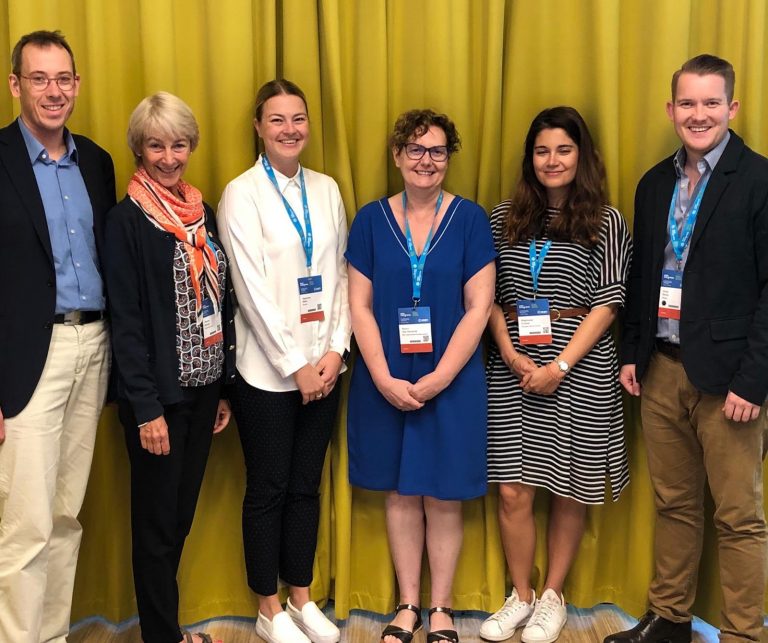
Left – right: Frédéric Destrebec, Monika Benson, Stephanie Ribbe, Nancy van Hoylandt, Stephanie Kramer and Andy Bolan.
For further information on any of the above, please contact Elizabeth Cunningham, EFNA Communications Manager, at communications@efna.net.




